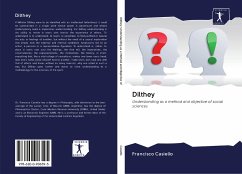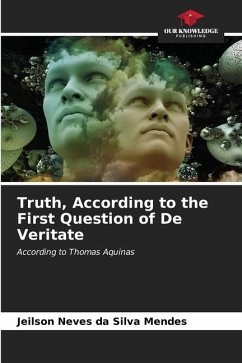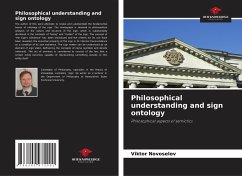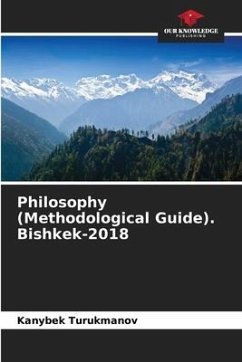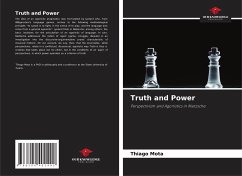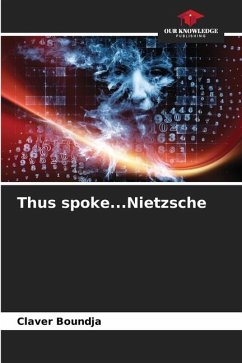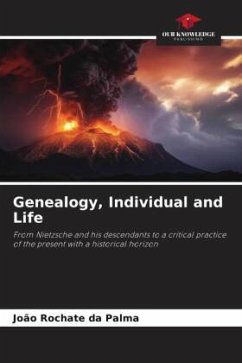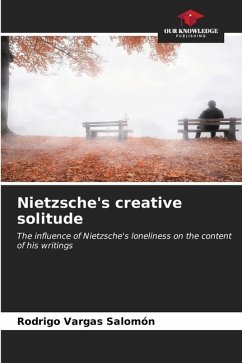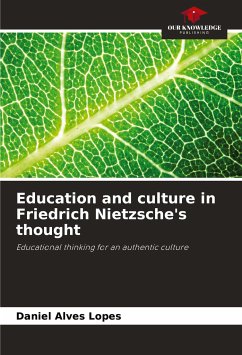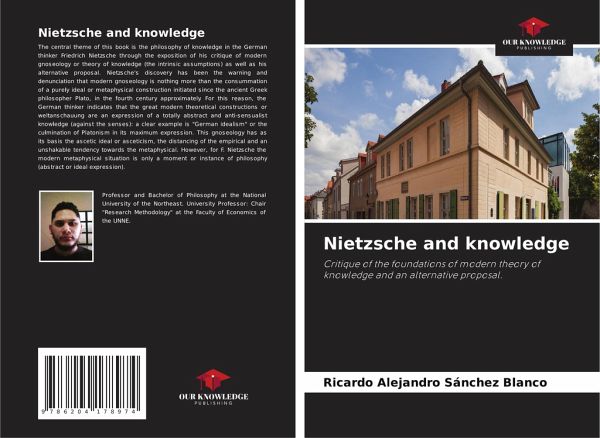
Nietzsche and knowledge
Critique of the foundations of modern theory of knowledge and an alternative proposal.
Versandkostenfrei!
Versandfertig in 6-10 Tagen
27,99 €
inkl. MwSt.

PAYBACK Punkte
14 °P sammeln!
The central theme of this book is the philosophy of knowledge in the German thinker Friedrich Nietzsche through the exposition of his critique of modern gnoseology or theory of knowledge (the intrinsic assumptions) as well as his alternative proposal. Nietzsche's discovery has been the warning and denunciation that modern gnoseology is nothing more than the consummation of a purely ideal or metaphysical construction initiated since the ancient Greek philosopher Plato, in the fourth century approximately. For this reason, the German thinker indicates that the great modern theoretical constructi...
The central theme of this book is the philosophy of knowledge in the German thinker Friedrich Nietzsche through the exposition of his critique of modern gnoseology or theory of knowledge (the intrinsic assumptions) as well as his alternative proposal. Nietzsche's discovery has been the warning and denunciation that modern gnoseology is nothing more than the consummation of a purely ideal or metaphysical construction initiated since the ancient Greek philosopher Plato, in the fourth century approximately. For this reason, the German thinker indicates that the great modern theoretical constructions or weltanschauung are an expression of a totally abstract and anti-sensualist knowledge (against the senses): a clear example is "German idealism" or the culmination of Platonism in its maximum expression. This gnoseology has as its basis the ascetic ideal or asceticism, the distancing of the empirical and an unshakable tendency towards the metaphysical. However, for F. Nietzsche the modern metaphysical situation is only a moment or instance of philosophy (abstract or ideal expression).



